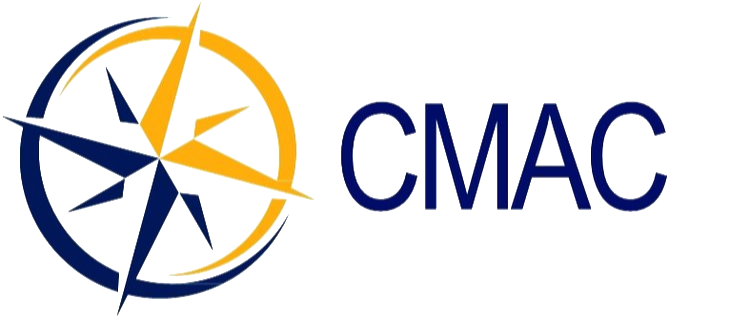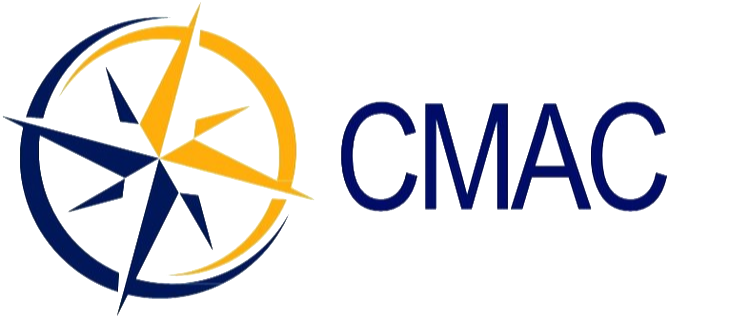
Deloitte Report Reactions, Part 1: "The Time for Change is Now"
Quick thoughts from CMAC Vice President and Senior Consultant Paul Clifford ...
Deloitte's recently released 2025 report on trends in higher education says (what we already know to be true) that colleges are under pressure from rising costs, fewer students, and growing public doubt about the value of a degree.
The report points to five trends that institutions need to address head on:
Trend #1: Tackling significant financial headwinds
Trend #2: A new risk paradigm befitting of today’s risk landscape
Trend #3: The future of the four-year degree
Trend #4: Changing workforce and the academic enterprise transformation
Trend #5: Embracing ‘systemness’
It is worth a deep dive and full read by all who work in higher education, but here is a quick synopsis followed by my thoughts on how this will impact our alumni engagement strategies beyond 2025.
Schools need to rethink how they spend money and make sure spending is tied to what really matters for their mission and students.
Risk management must go beyond finances to include things like campus safety, data security, and public perception, with help from new tech like AI.
The idea of a traditional four-year degree is changing, with more focus on faster, cheaper options that lead to real jobs.
Leadership turnover is high, and schools need better plans to train future leaders and adjust to a changing workforce.
Finally, working together across campuses, sharing services and programs, can help schools save money, improve access, and stay strong in tough times.
Deloitte is looking at this at the macro/institutional level, but all five of these trends are relevant to our work in advancement and alumni engagement on a micro level as well. In my mind, these changes signal a shift in alumni engagement toward more career-focused and skill-based connections, with graduates looking for ongoing value through networking, mentorship, and upskilling opportunities. This is clearly a direction we have been going in, but this report should serve as a call to reinforce our efforts in these areas.
Also, as institutions may move away from the traditional four-year experience to micro-credentialing, co-op and three-year degrees, the impact on alumni engagement could be significant. The experiences could become more transactional if institutions don’t infuse alumni connection throughout all of these opportunities. Spend less time on tailgates and reunions and more time building strategic cross-campus partnerships that offer our commodity (alumni talent) to our partners in the academic endeavor.
Risk must be part of your strategic plans, annual priorities, and regular discussions. From data security to working with volunteers to leveraging AI, the development of a risk register and scenario planning are critical to anticipating issues, mitigating the impact of risk and running an efficient advancement operation that thrives in the good times and is prepared for rainy days along the way.
My biggest takeaway is that the time for change is NOW. Waiting for these realities to force change will lessen our ability to design the change in thoughtful and strategic ways. Our future is not about “the way we have always done it;” our future will be determined by our ability to iterate, evolve and improve.
Are there other trends you would add to Deloitte's list? How is your advancement team responding to or preparing for these trends? Next week, hear from CMAC Vice President and Senior Consultant Adam Compton, executive director of Annual Giving at NC State, on his reaction to the report.


